Separating Myths from Modern Science
A Rumor in the Teacup
From TikTok wellness trends to sensationalized headlines, concerns about matcha and fertility have brewed a surprising amount of confusion. But is there any truth behind the claim that matcha causes infertility? As lovers of this vibrant Japanese tea and champions of evidence-based culture, let’s pour over the facts, slowly, carefully, and with clarity.
What Is Matcha, Really?
Matcha (抹茶) is a finely ground powder made from tencha (碾茶) shade-grown green tea leaves that are steamed, dried, and stone-ground. Unlike regular green tea, where the leaves are steeped and removed, matcha lets you consume the entire leaf, resulting in a more concentrated source of nutrients. Traditionally whisked in a chawan (茶碗) using a bamboo chasen (茶筅), matcha is central to Japanese tea ceremonies and is celebrated for its vibrant color, distinctive flavor, and health benefits.
Nutritional Profile:
- Caffeine (about 25–70 mg per serving, depending on preparation)
- L-theanine (an amino acid that promotes relaxation)
- EGCG and other polyphenols (powerful antioxidants)
- Vitamins A, C, E, and K
- Minerals such as magnesium, zinc, and selenium
- Dietary fiber
Myth vs. Reality: Does Matcha Cause Infertility?
Short answer: There is no scientific evidence that matcha causes infertility in men or women.
Where Did the Rumor Start?
Most concerns stem from viral social media posts, misinterpretations of studies on caffeine, or confusion with highly concentrated green tea extracts. Some people worry about caffeine’s effect on fertility, but matcha’s caffeine content is significantly lower than coffee.
What Does the Science Say?
- Caffeine: Excessive caffeine (over 200–300 mg per day) may be linked to fertility challenges, but matcha contains far less. 1–2 cups daily usually fit well within safe limits.
- Antioxidants: Matcha is rich in EGCG, which helps reduce oxidative stress known to impact reproductive health.
- Hormones: Moderate matcha use does not disrupt hormone balance or ovulation.
- Iron Absorption: Matcha may reduce iron absorption if consumed excessively. Drink it between meals or pair with iron-rich foods.
What Do Fertility Experts Say?
According to nutritionists and fertility specialists, matcha can be part of a fertility-supportive lifestyle when consumed in moderation. Most recommend keeping total caffeine intake under 200 mg/day while trying to conceive or during pregnancy.
Potential Benefits:
- Antioxidants and vitamins support cell health
- Calming L-theanine helps manage stress
- Supports hormone balance and inflammation reduction
Safe Matcha Use When Trying to Conceive
- Limit to 1–2 servings per day
- Choose organic, ceremonial-grade matcha
- Avoid added sugars or sweeteners
- Hydrate well; matcha has mild diuretic effects
Matcha in Pregnancy and Breastfeeding
Matcha is lower in caffeine than coffee, but still counts toward the 200 mg daily limit. One serving contains 25–70 mg caffeine. Consult your doctor before consuming regularly during pregnancy or nursing.
Matcha and Male Fertility
- Moderate caffeine intake does not reduce sperm quality
- Matcha’s antioxidants may protect sperm from damage
- No evidence of lowered testosterone levels
Matcha and Female Fertility
- Does not disrupt cycles or hormones when used moderately
- May protect egg quality via antioxidant action
- Supports a fertility-friendly, nutrient-dense diet
Surprising Ways Matcha May Support Fertility
- L-theanine reduces stress and helps hormonal balance
- Fiber supports estrogen and cholesterol regulation
- Antioxidants reduce oxidative damage to reproductive cells
Lifestyle Factors: Beyond the Cup
- Nutrition: Whole-food diet with vegetables, healthy fats, and lean protein
- Exercise: Maintain a healthy weight
- Stress: Practice mindfulness, matcha preparation helps
- Environment: Avoid toxins, pesticides, and smoke
Final Takeaways: Sip with Confidence
- Matcha does not cause infertility
- Choose high-quality, organic, unsweetened matcha
- Moderation and mindfulness are key
- Consult your provider for personalized guidance
Whether you're preparing for parenthood or cultivating a calm, grounded ritual, matcha offers more than a delicious sip. It’s a centuries-old practice rooted in intention, best enjoyed from a bowl as beautiful as the tradition it represents.
Explore our artisan made collection of matcha bowls today!
References & Further Reading
For fertility-related concerns, consult a reproductive specialist or registered dietitian. Trusted sources include the American Society for Reproductive Medicine, WHO, and peer-reviewed journals on nutrition and health.






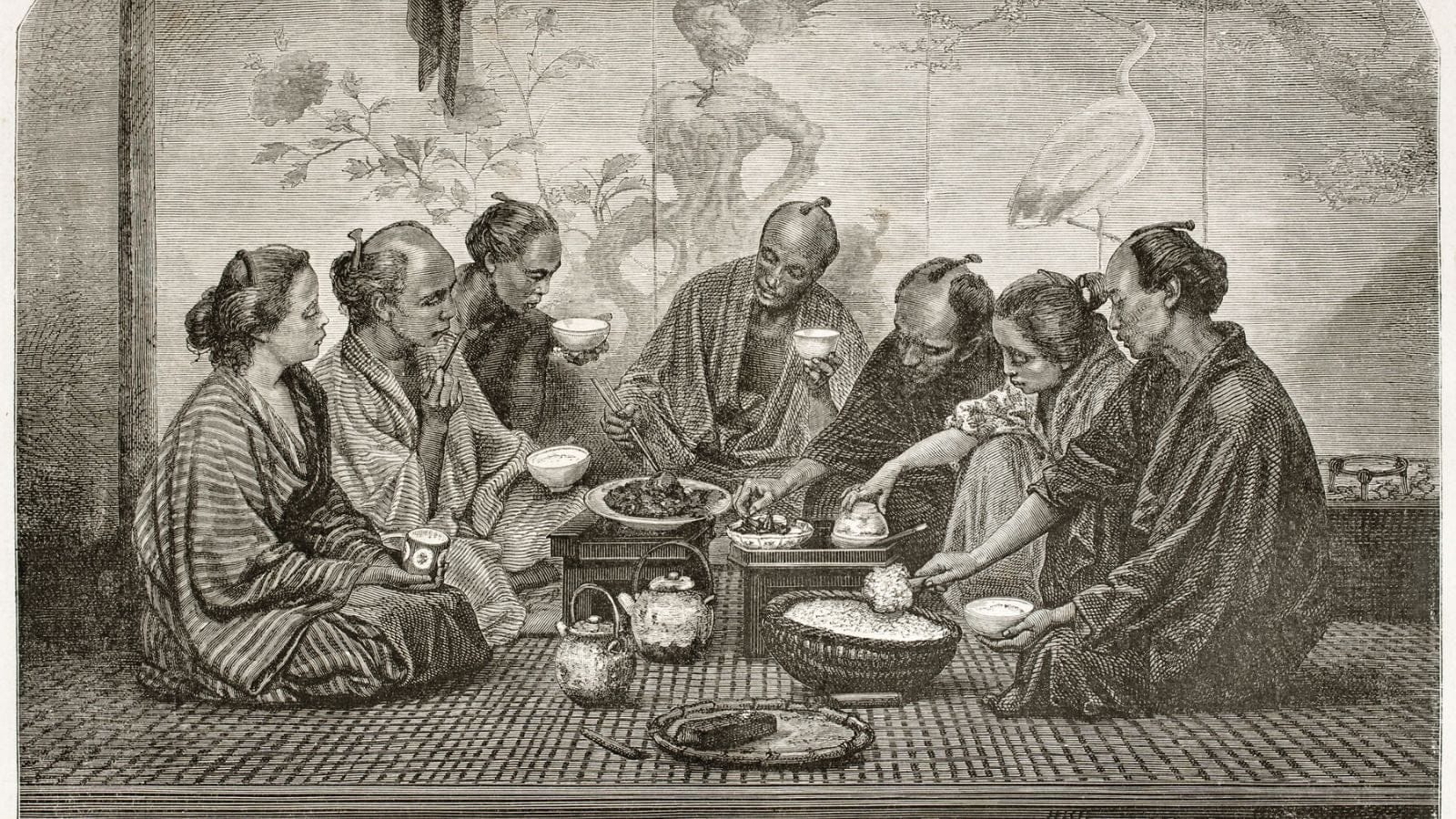

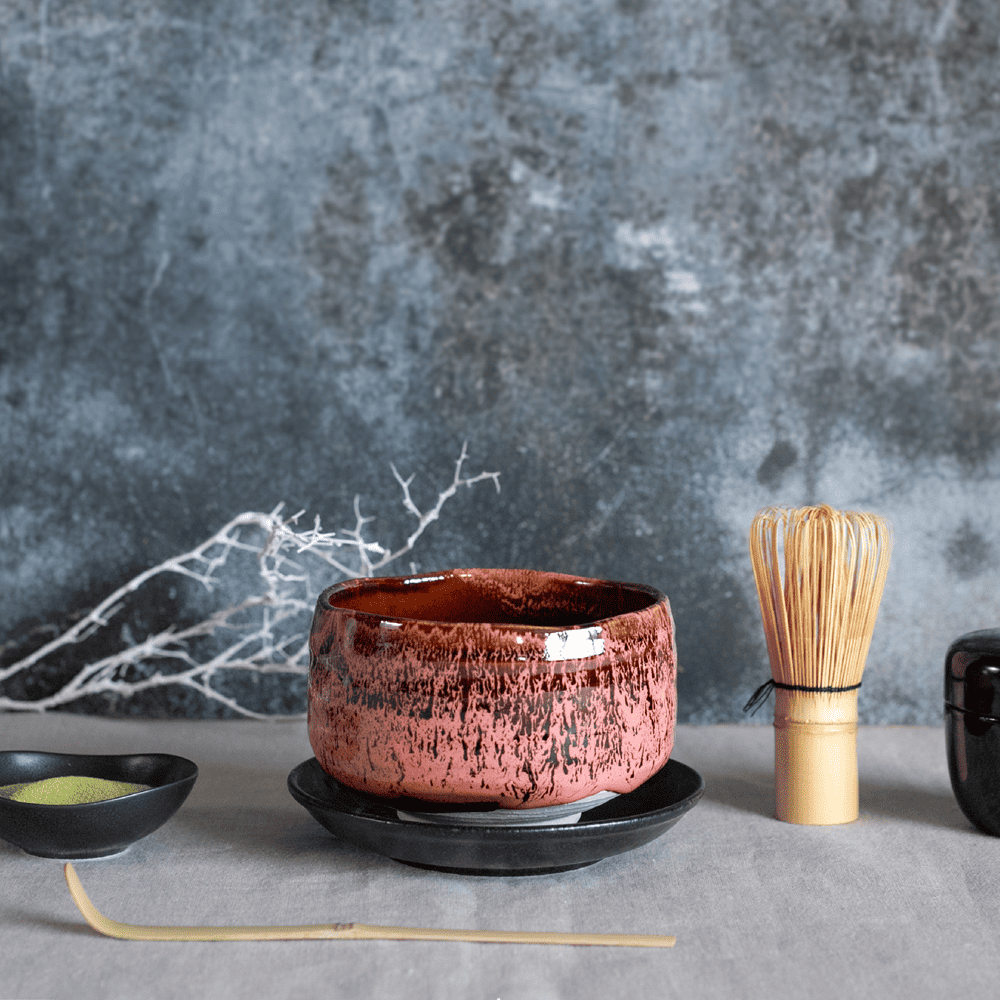
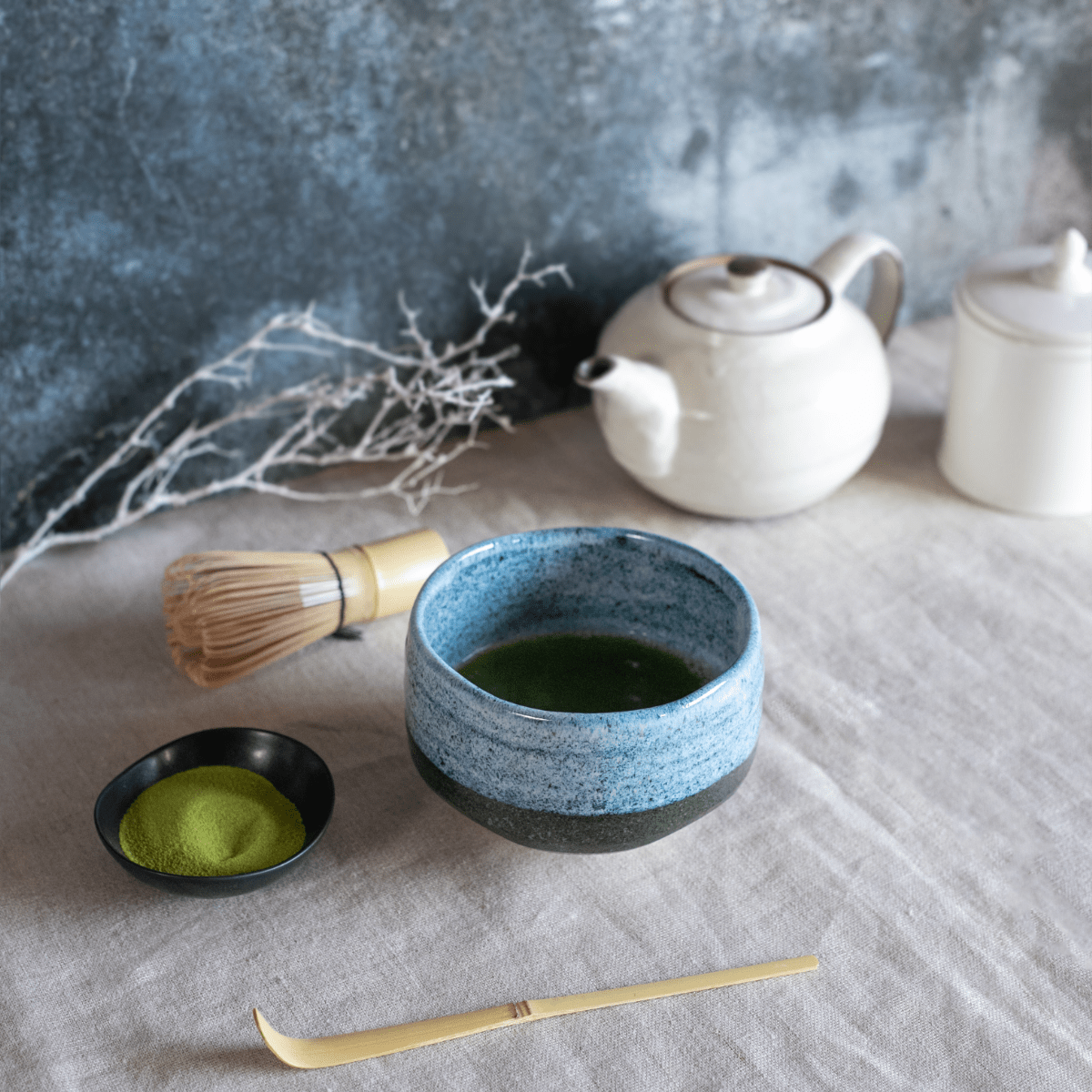
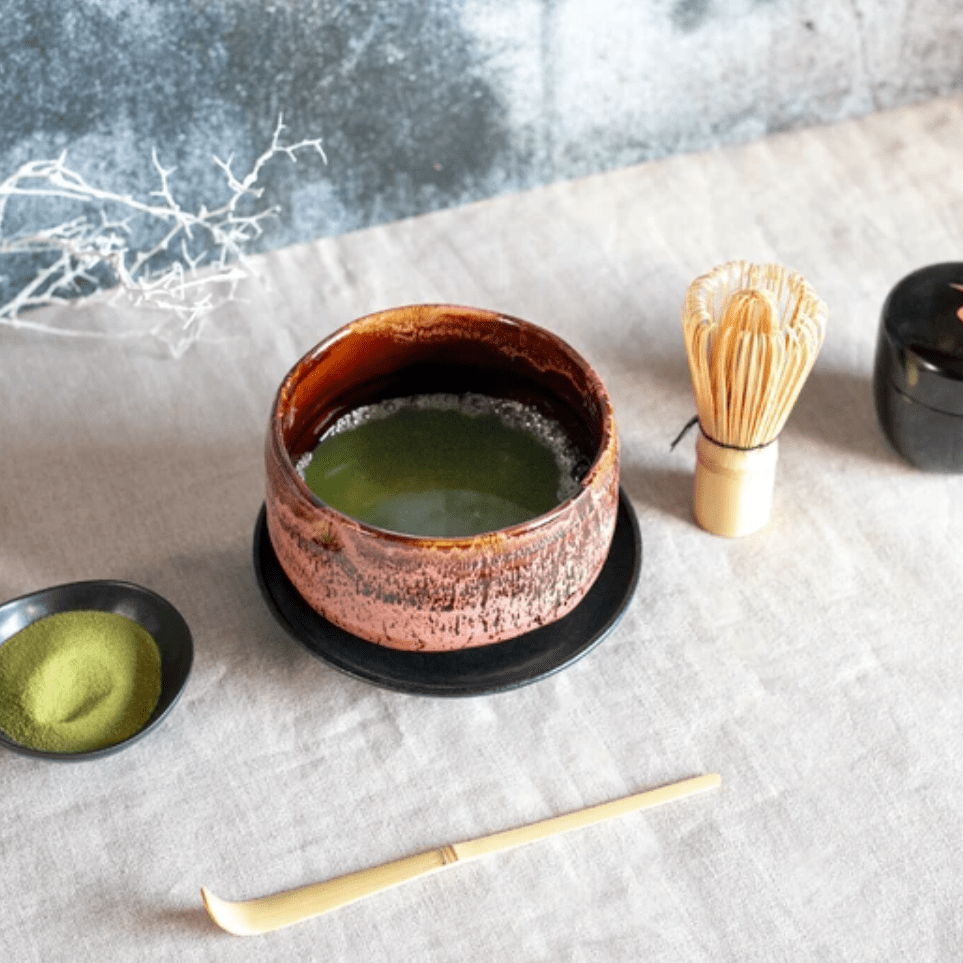
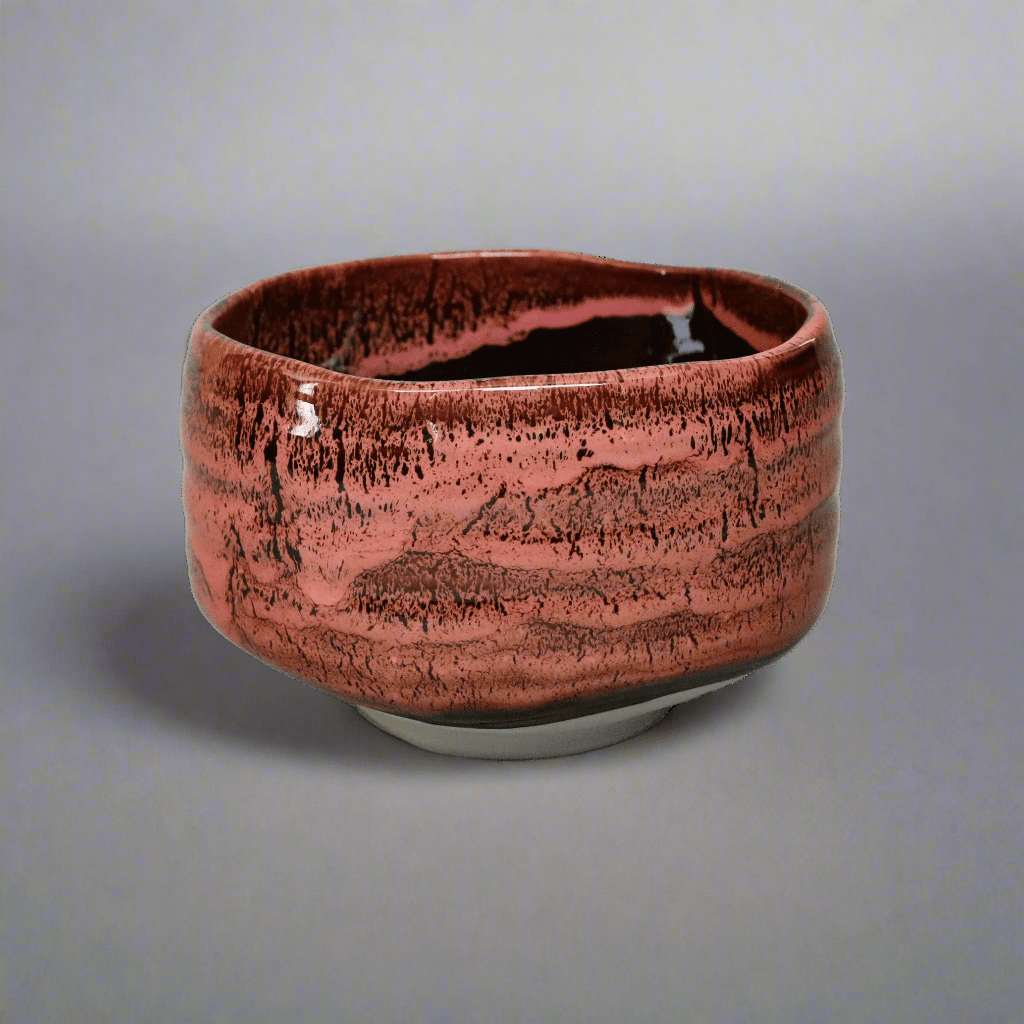
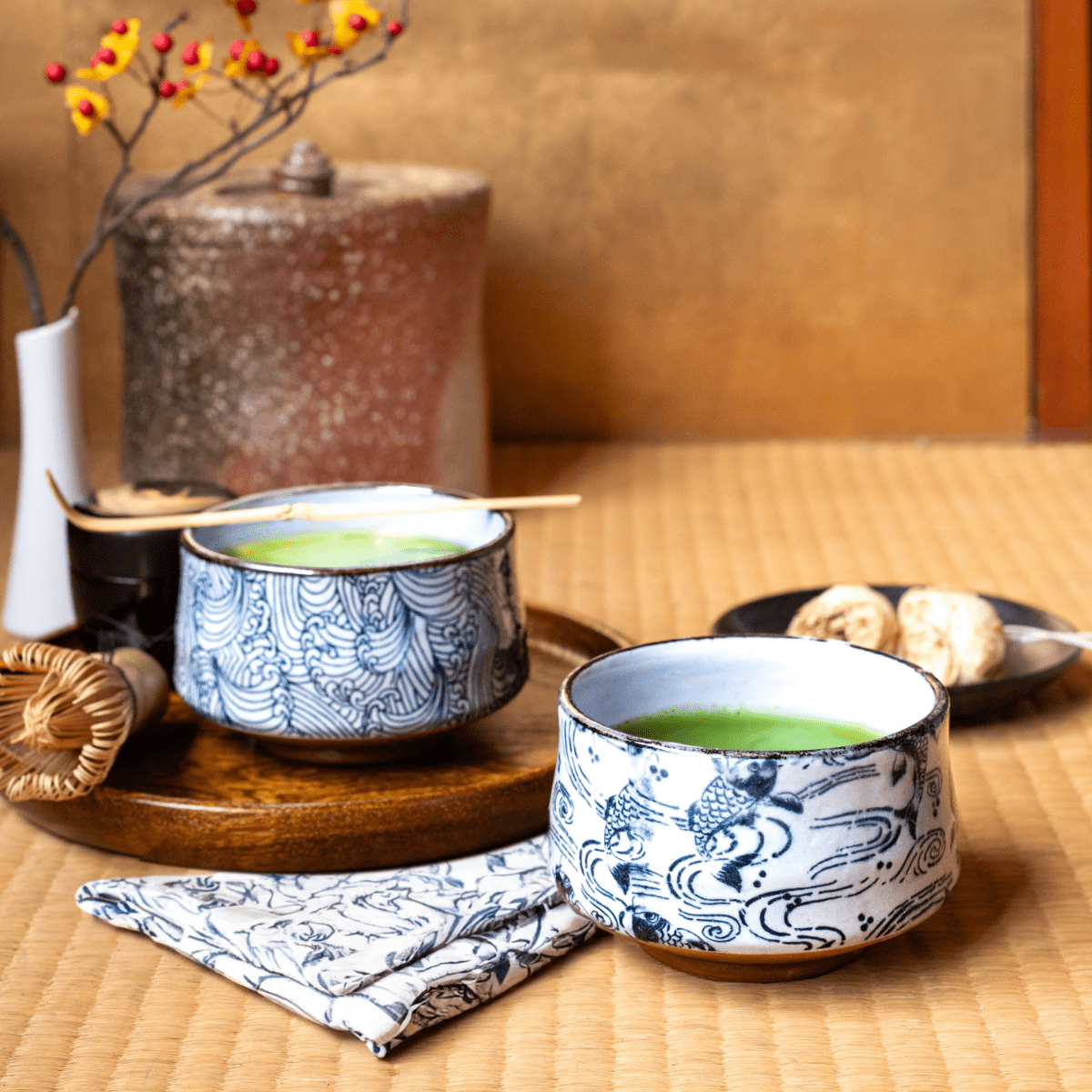
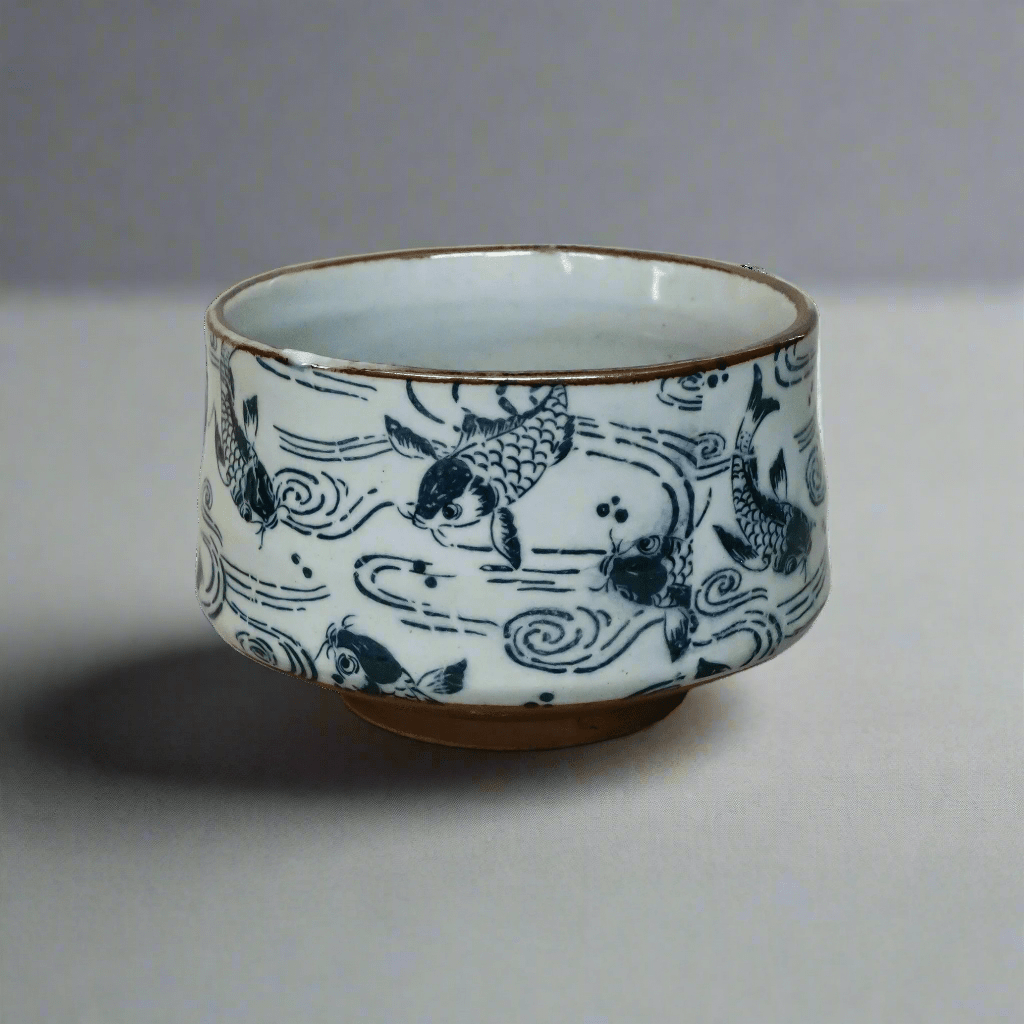
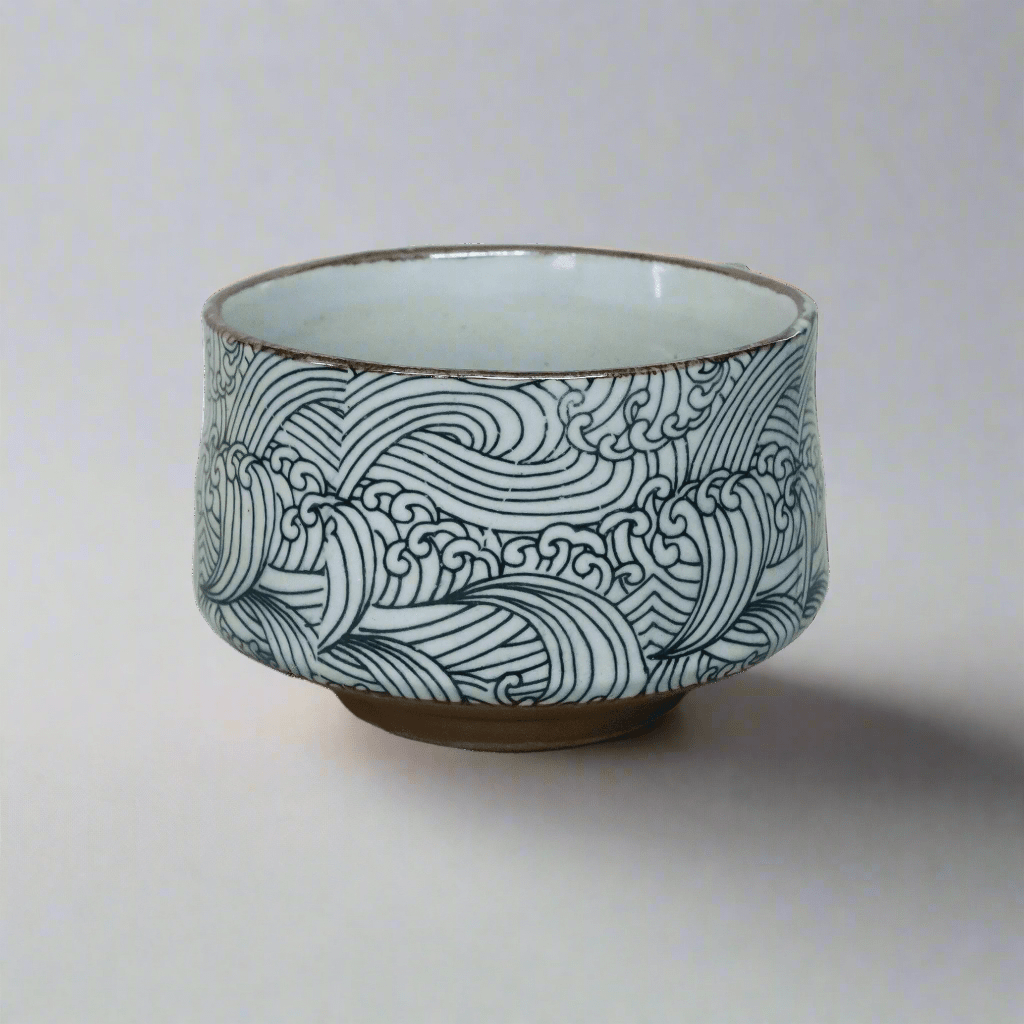
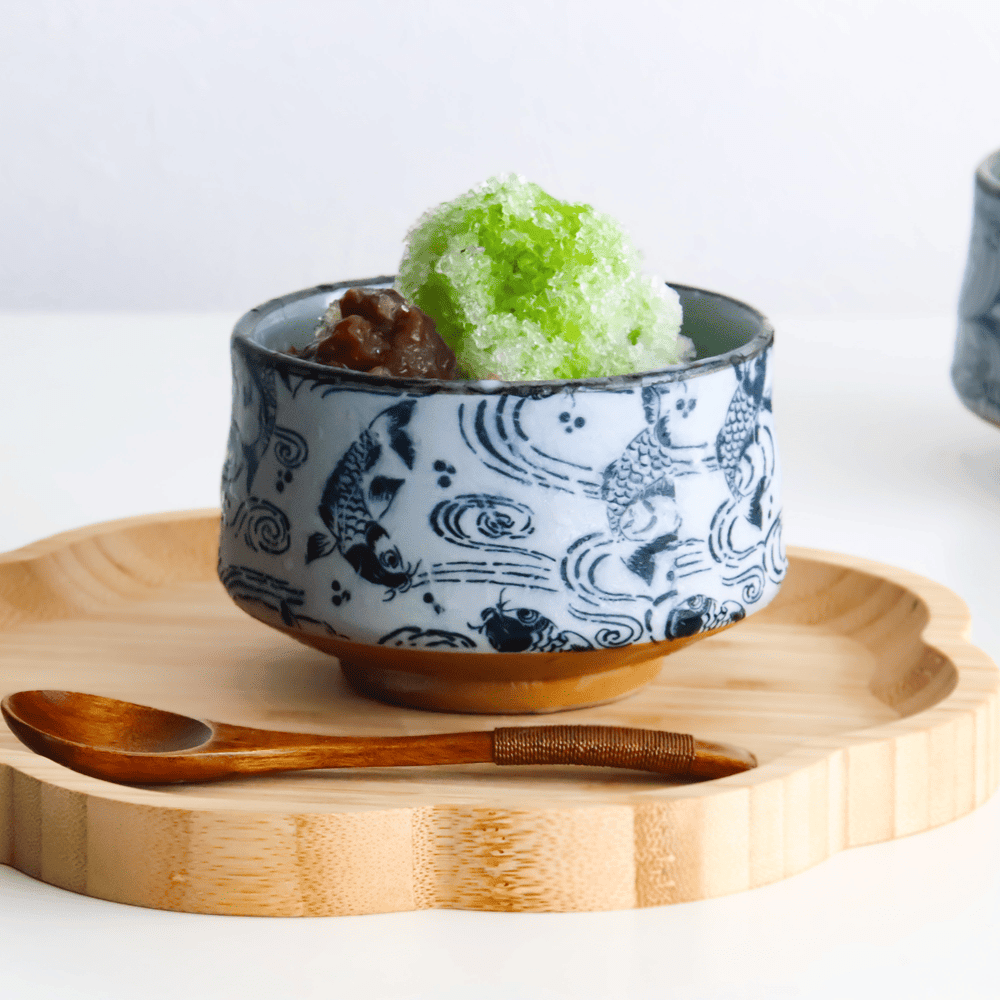
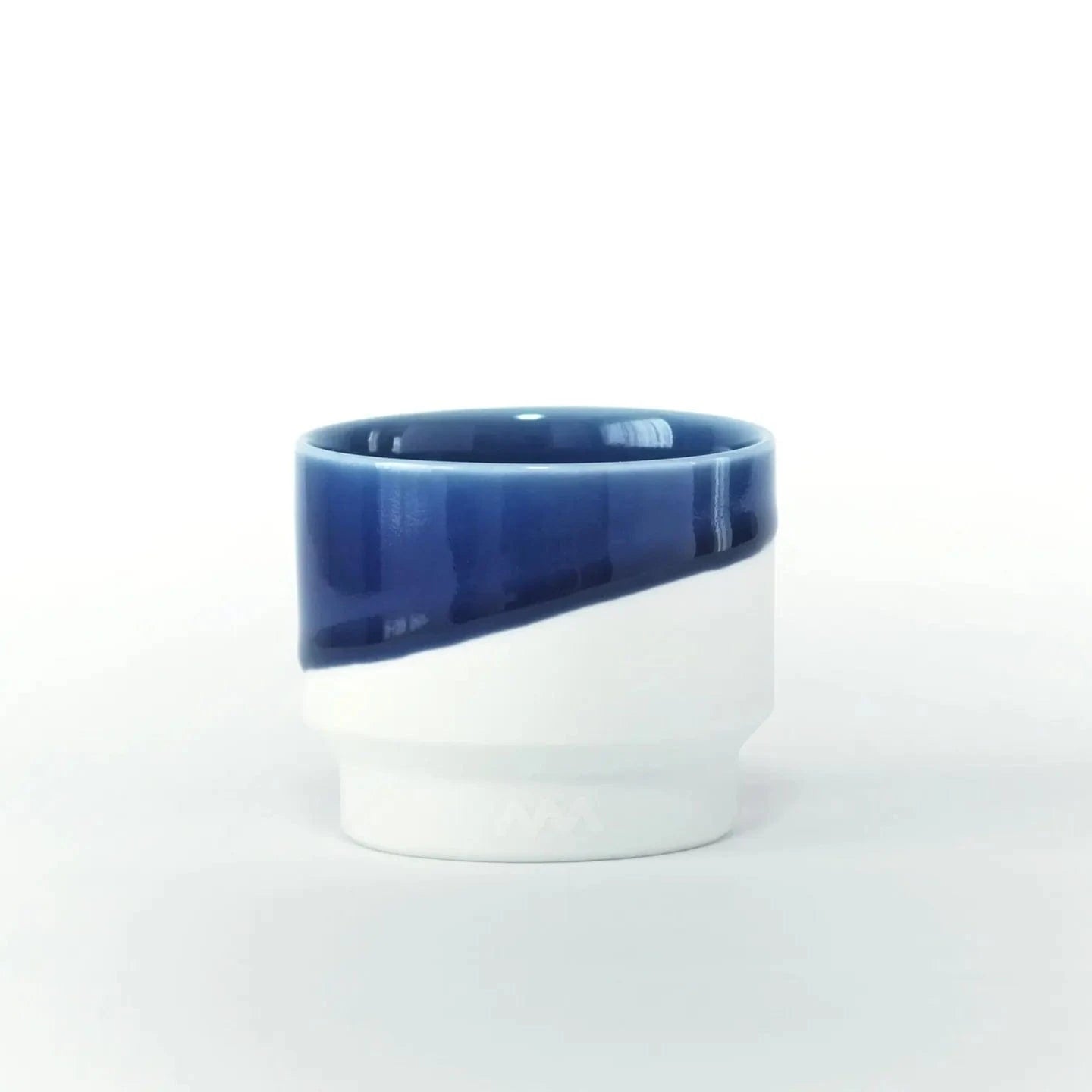
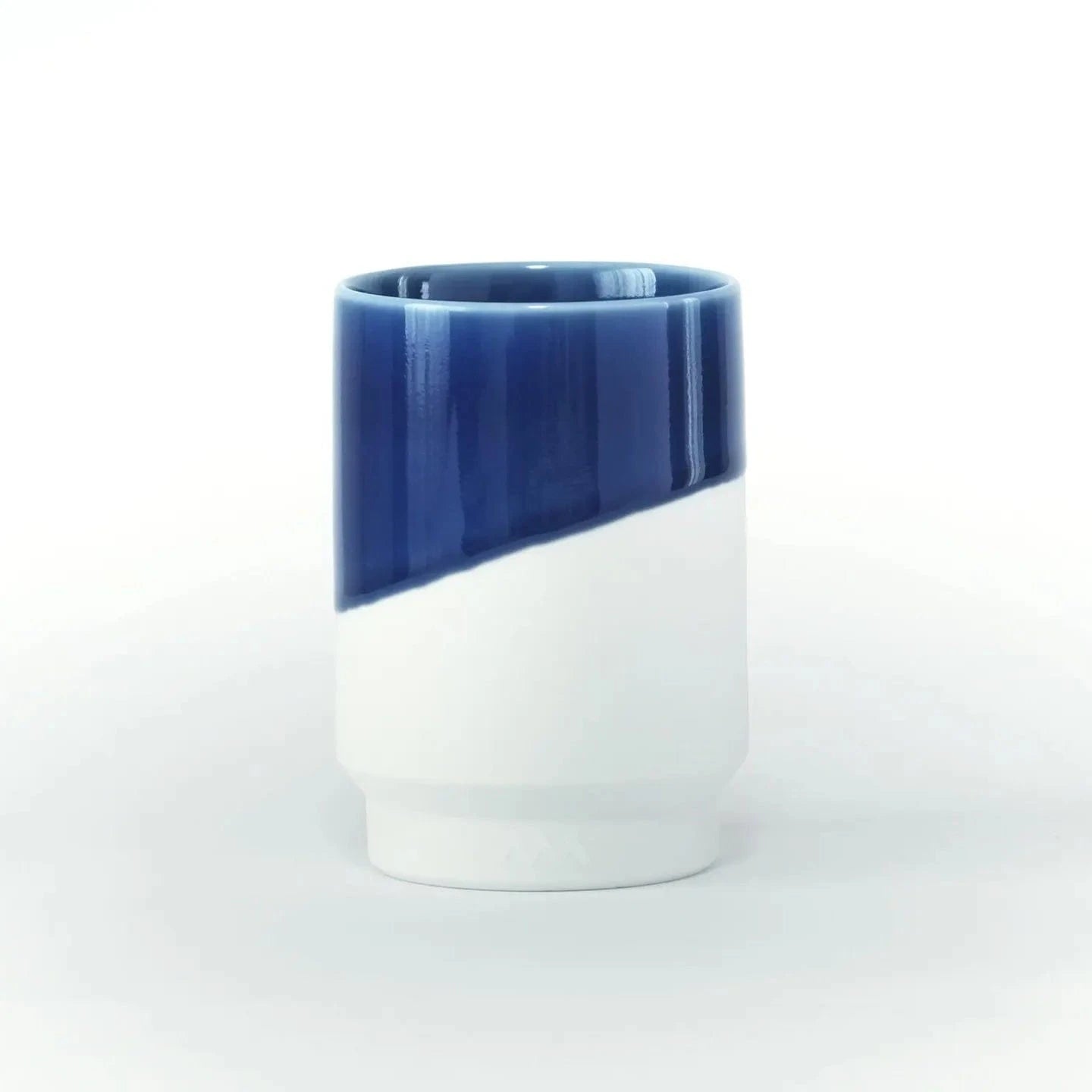
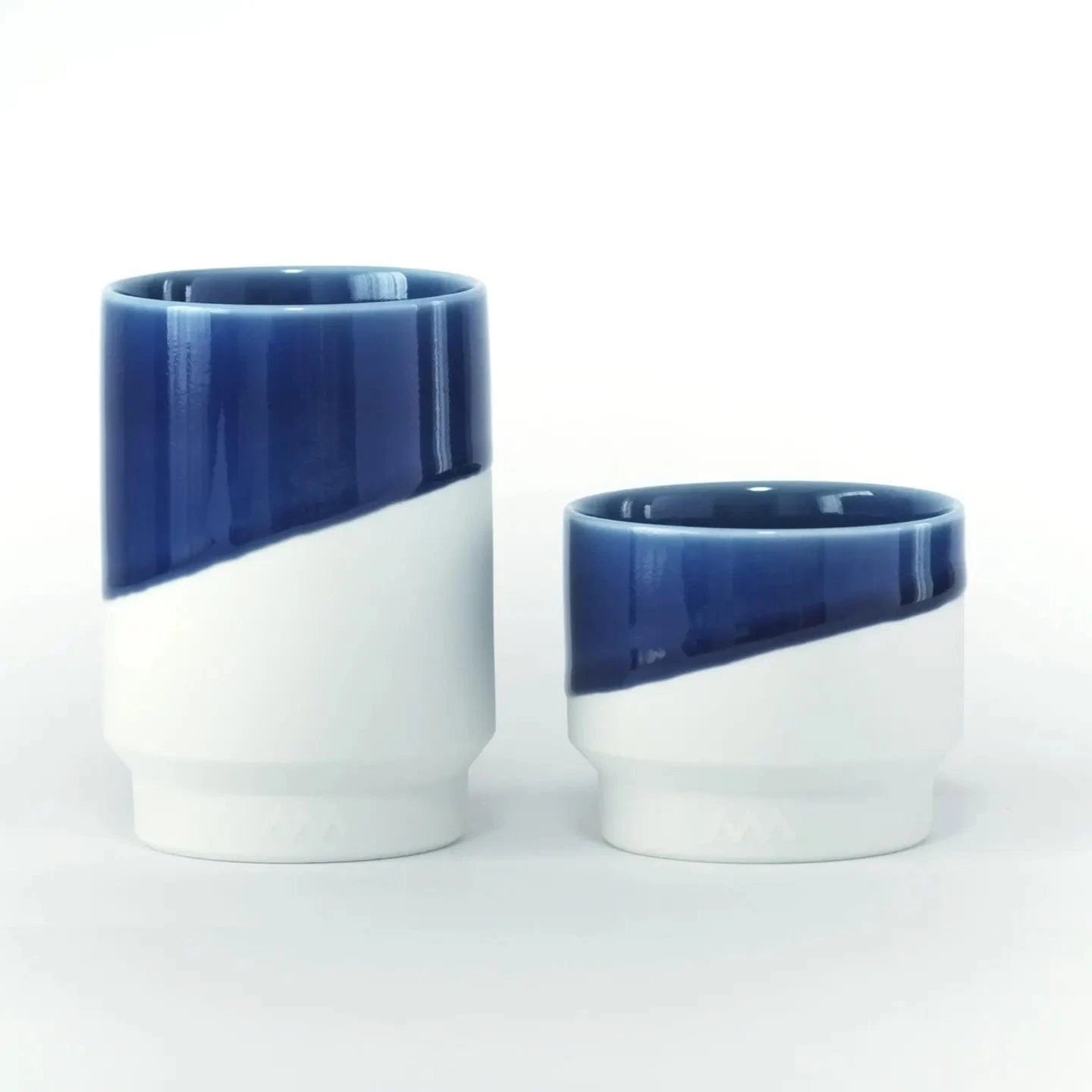
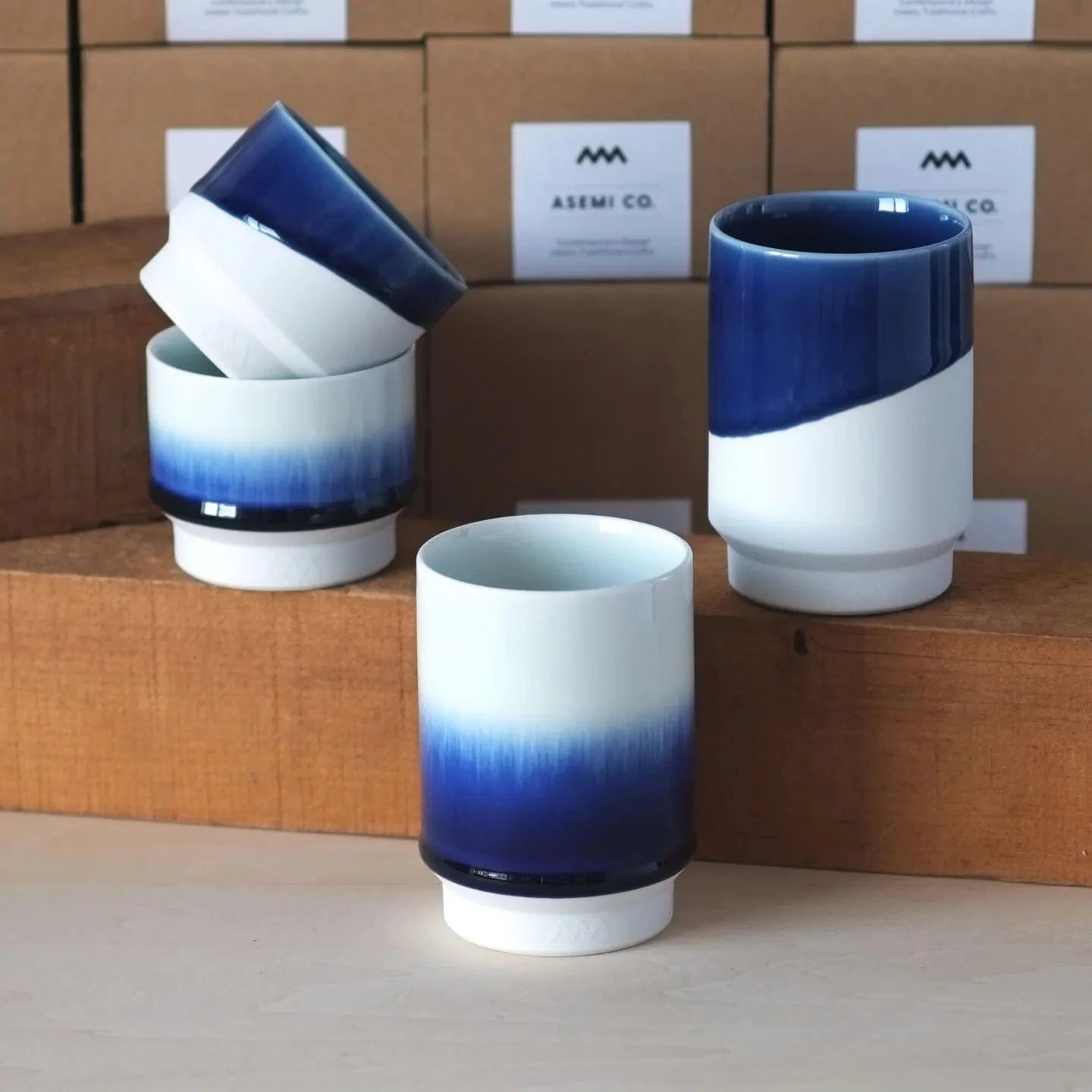
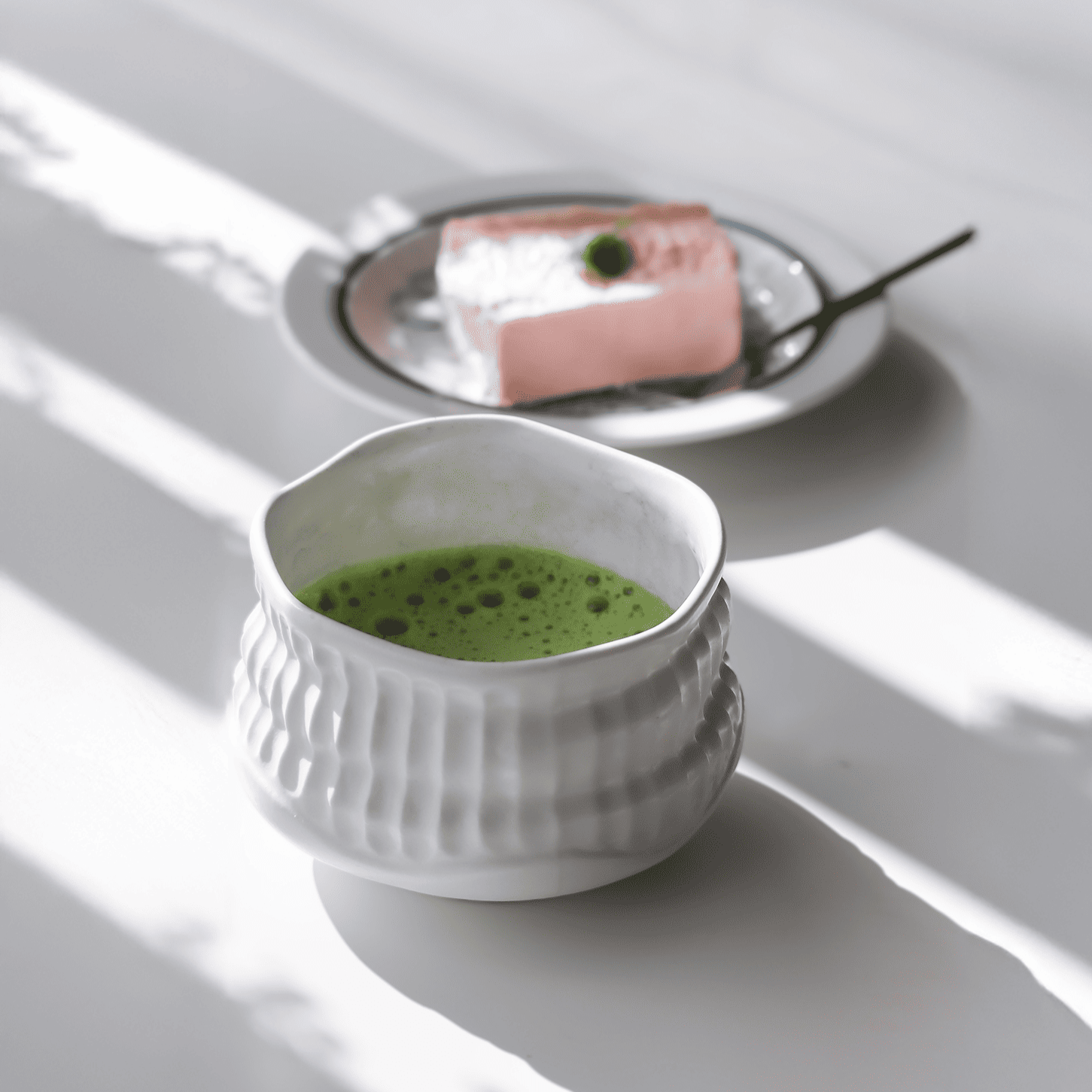
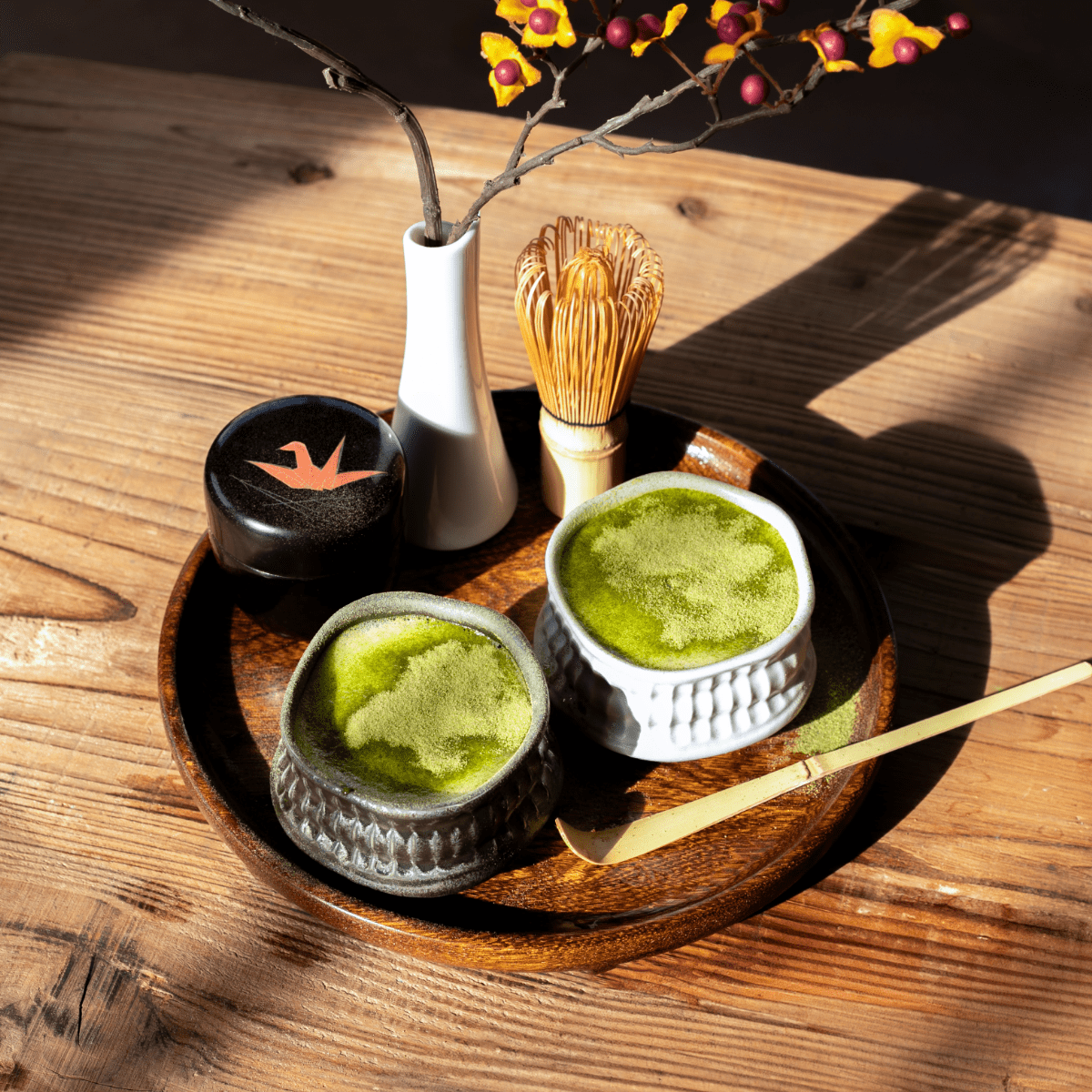
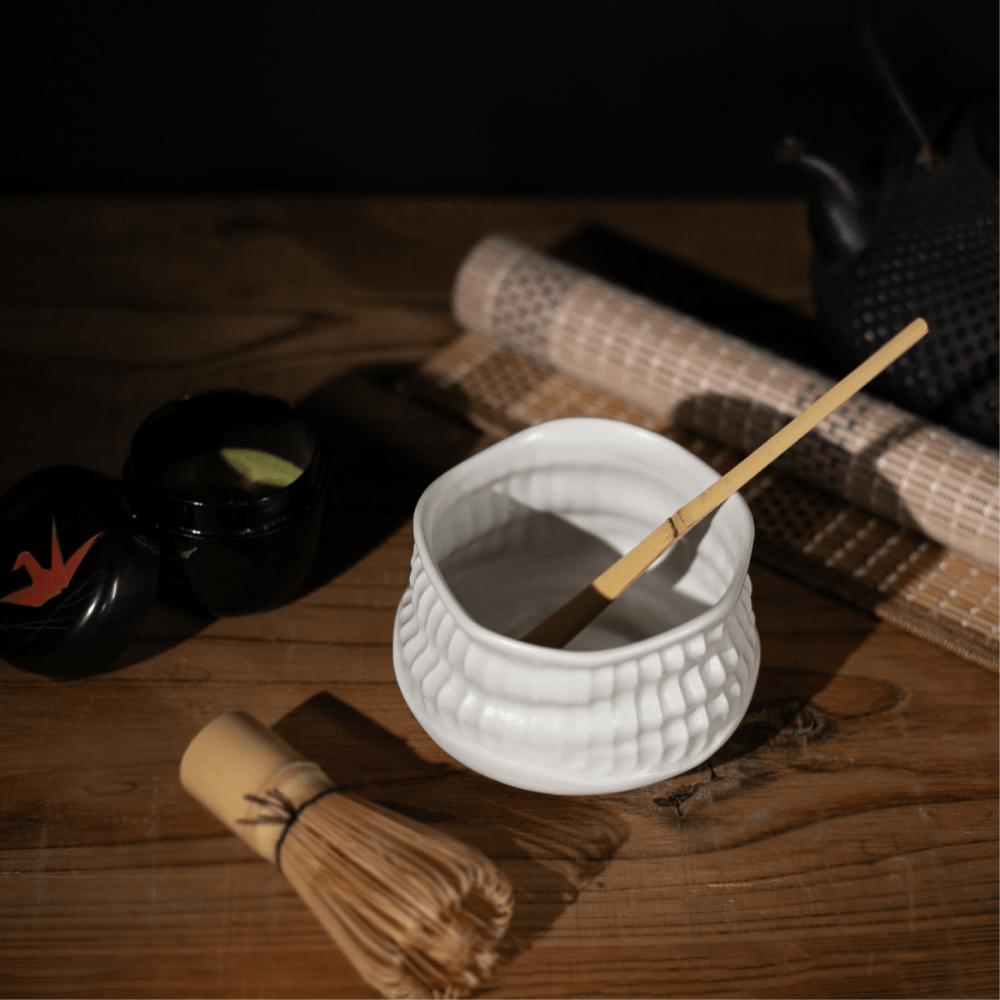
Share: